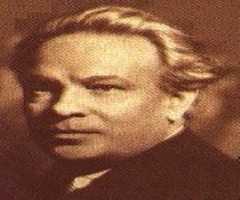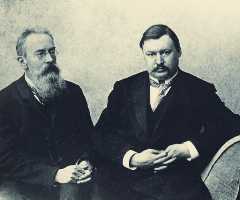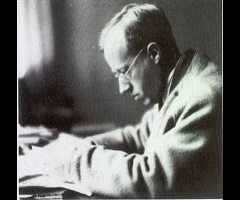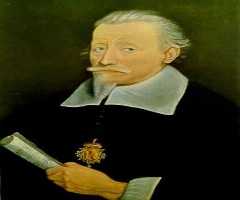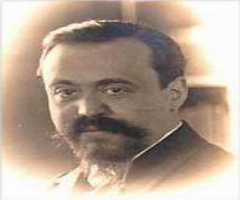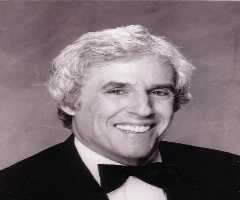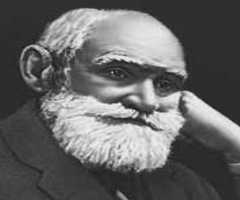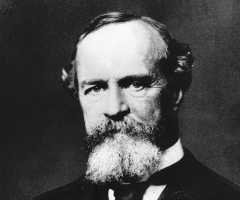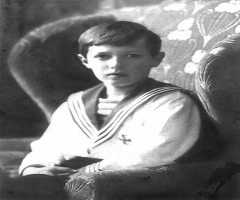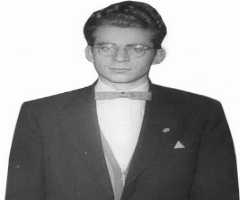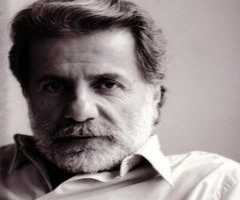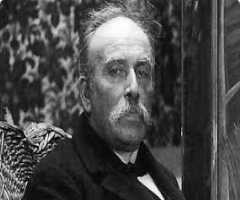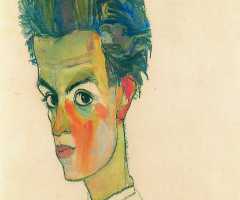Mikhail Glinka Biography, Life, Interesting Facts

Birthday :
Died On :
Birth Place :
Zodiac Sign :
Mikhail Glinka was born on June 1, 1804, in Novospasskoye, Russia. For most of his childhood, he was raised by his grandmother, until her death. After that, he lived with his uncle.
Early Life And Education
Mikhail Glinka’s uncle was a musician, and while living with him, he was exposed to classical music. Since his uncle was with the orchestra much of the time, he was also with the orchestra much of the time. While with them, he got the chance to meet many influential European musicians of the time. He also learned how to play instruments while living with his uncle.
Later on, Mikhail Glinka moved to St. Petersburg. Here, he studied at a private school. He studied several languages while here, as well as math, science, literature, and music. He stopped his lessons here around 1824. He then took a short break from his education to work.
In 1830, Mikhail Glinka continued his education and began to study again, this time at a conservatory in Milan. Here, he studied primarily under Francesco Basili. He stayed here for a short time before moving back to Russia. On the way home, he stayed with Franz Liszt (who no doubt musically influenced him) and studied under Siegfried Dehn. It wasn’t until 1834 that he actually made it back to Russia.
Nonmusical Career
In 1824, Mikhail Glinka earned one of his first professional job s as an assistant secretary in the Foreign Office at the Department of Public Highways. While here, he also continued to practice music during his free time.
Musical Career
It was in the 1830’s that Mikhail Glinka started to professionally compose music. Some of his first compositions were A Capriccio and a Symphony on Two Russian Themes. He wrote both of these while traveling and studying in Europe.
Once back in Russia, Mikhail Glinka had more time to focus on composing music. In 1836, he also composed and produced an opera titled A Life for the Tsar. This opera was a resounding success, and boosted Glinka’s popularity all over the music and art world, but especially in eastern European countries.
In 1837, Mikhail Glinka was made the conductor of the Imperial Chapel Choir. While working in this position, he spent much of his time traveling to recruit new men for the choir.
The success of Glinka’s first opera encouraged him to produce a second one. This opera came out in 1842 and was titled Ruslan and Lyudmila. This play was not as successful as his last one when it first came out, but it became more popular as more productions of the opera were produced. However, since the opera was not as successful as his last one, Mikhail Glinka was disheartened and took a break from composing music.
After the failure of this opera, Mikhail Glinka lived a reclusive and quiet life. Mikhail Glinka still composed some music. Some of his most famous songs from his entire career are listed below.
The Nightingale Variations
Nocturne in F Minor
Ivan Susanin Overture
Viola Sonata in D Minor
Waltz Fantasia
Family Life
Mikhail Glinka was first married to Maria Petrovna Ivanova in 1835. However, the two later separated, as they had little in common. They were divorced in 1838. This couple had no children together.
Death
Mikhail Glinka died on February 15, 1857, in Berlin, Germany. The cause of his death was a general illness. He was only 52 years old when he passed away.
Legacy
In 1884, the Glinka Prize was named after him.
The Patriotic Song, composed by Glinka, was used as the Russian National Anthem from 1990 to 2000.
There is a statue of Glinka located in St. Petersburg.
More Composers
-
![Ottorino Respighi]()
Ottorino Respighi
-
![Aleksandr Borodin]()
Aleksandr Borodin
-
![Gustavus Theodore Von Holst]()
Gustavus Theodore Von Holst
-
![Heinrich Schütz]()
Heinrich Schütz
-
![Paul Dukas]()
Paul Dukas
-
![Burt Bacharach]()
Burt Bacharach
More People From Russia
-
![Ivan Petrovich Pavlov]()
Ivan Petrovich Pavlov
-
![Oksana Baiul]()
Oksana Baiul
-
![Peter Kropotkin]()
Peter Kropotkin
-
![Anastasia Nikolaevna]()
Anastasia Nikolaevna
-
![Alexei Nikolaevich]()
Alexei Nikolaevich
-
![Boris Vasilyevich Spassky]()
Boris Vasilyevich Spassky
